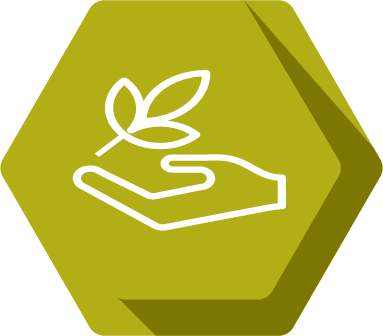Kjersti Swanson

Pronouns: She/Her
Research Mentor(s): Raymond De Young, Associate Professor
Research Mentor School/College/Department: Behavior, Education, and Communication, School for Environment and Sustainability
Presentation Date: Thursday, April 22, 2021
Session: Session 4 (2pm-2:50pm)
Breakout Room: Room 08
Presenter: 8
Abstract
Anthropogenic climate change is one of the most threatening challenges facing the world today. As global temperatures continue to rise over the course of the next century, a host of issues including dramatic sea level rise, dangerous storm systems, widespread drought and wildfires will impact every facet of American life. Cutting carbon emissions is the most effective short term solution to curb adverse effects, but we must also develop resiliency in our governments, in our communities and in our neighborhoods if we are to successfully mitigate climate change. This research project attempts to build resiliency through understanding and awareness in localized communities to prepare for both short and long term consequences of climate-related issues. A comprehensive compilation of behavior patterns, relating to neighborhood-scaled physical and structural adaptations, are included in this document to help neighborhoods prepare for these climate events. It is meant to be self-directed, so that individuals, neighborhoods, and civic organizations can decide which tools are necessary for local adaptation. A neighborhood, for example, in reasonable proximity to a floodplain will have a very different set of useful patterns compared to one exposed to seasonal wildfires. Neighborhoods that adhere to climate resilient programs will be less vulnerable to the threat of climate events, and will be more likely to sustain themselves in the future.
Authors: Raymond DeYoung, Jess Lassoff-Santos, Libby Daberko
Research Method: Survey Research






